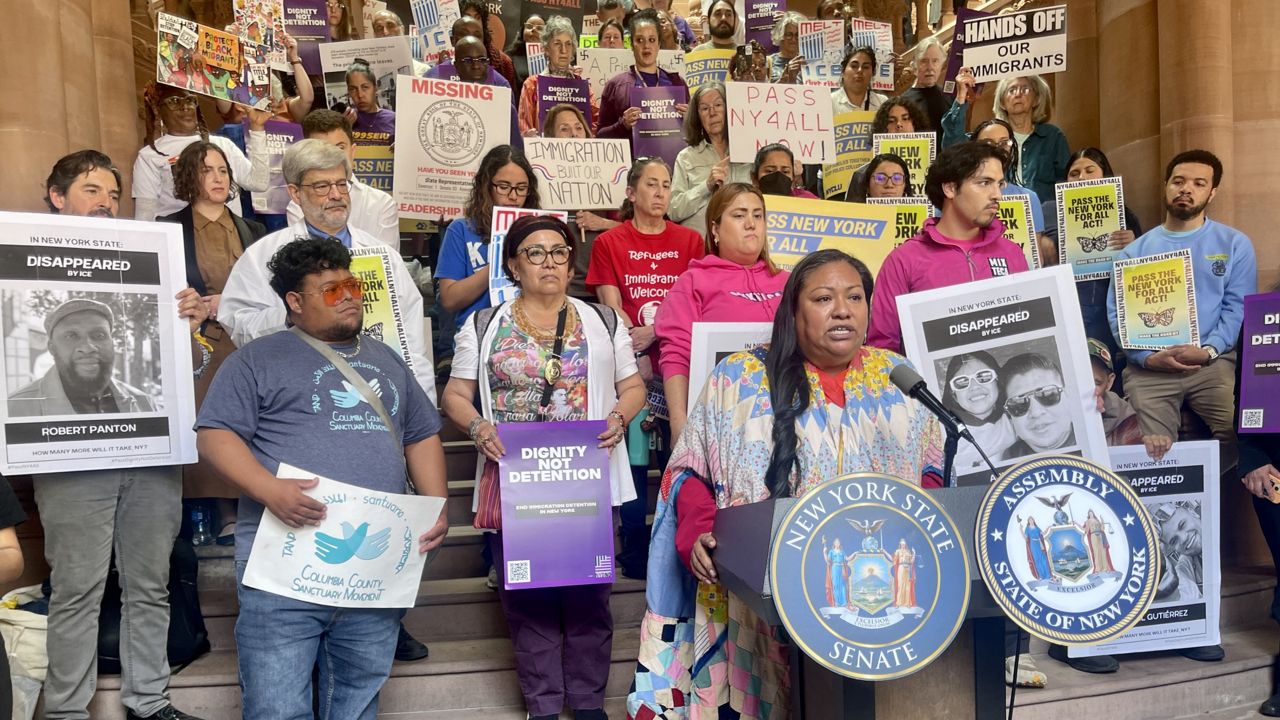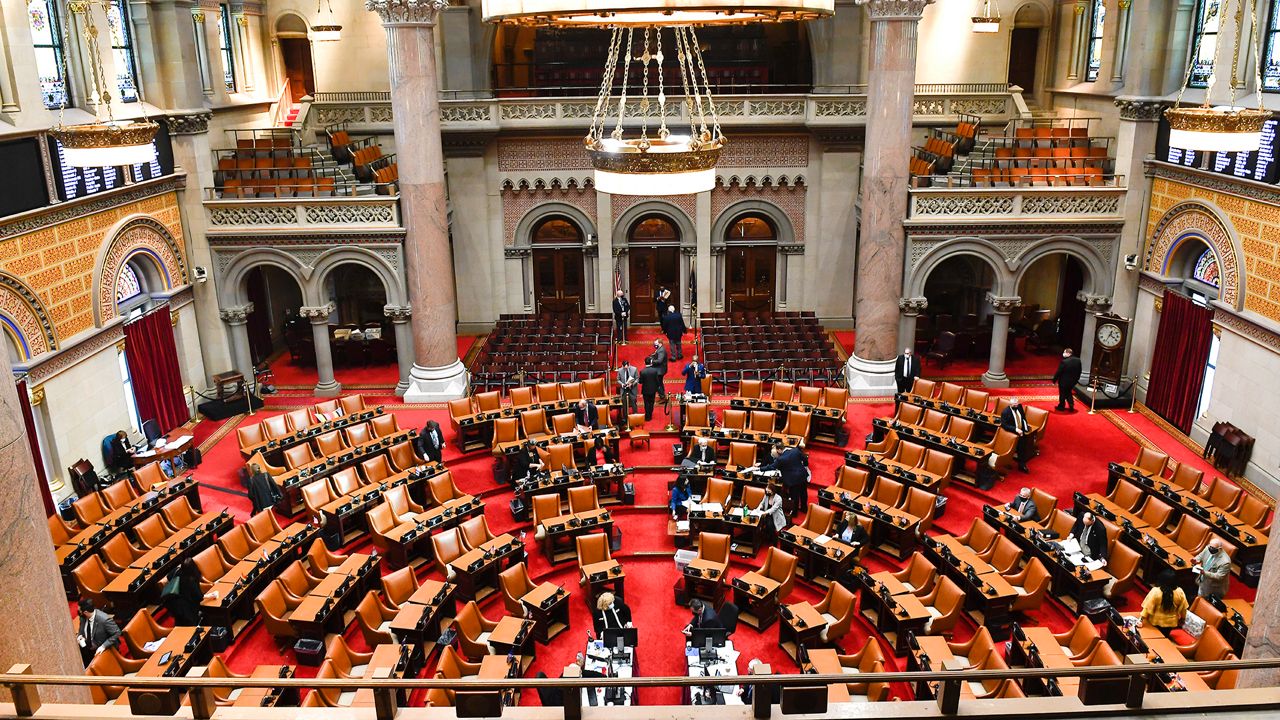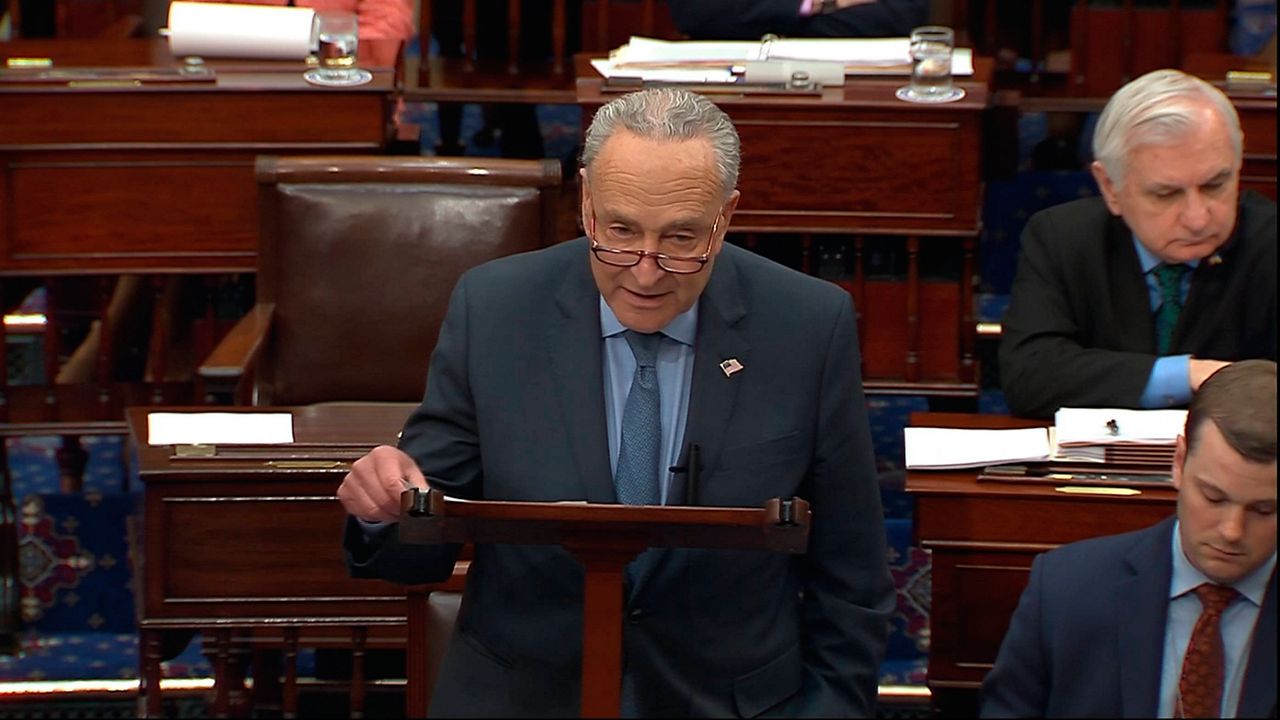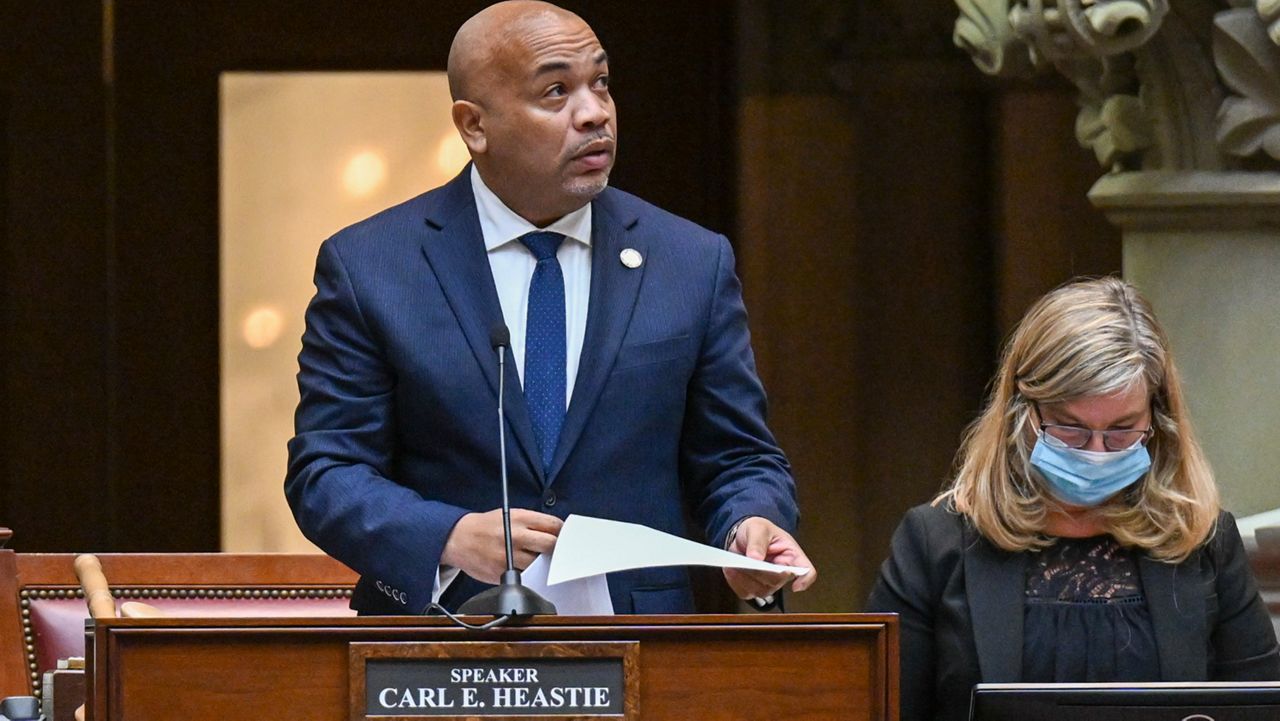The state Legislature wants a successful program that helps New York homeowners facing instability stay in their home to be removed from the budget negotiation table.
The 2025 budget included $40 million for the Homeowner Protection Program, or HOPP, which provides legal counseling and services for low-income homeowners navigating mortgage delinquency, deed theft, predatory lending, scams and other threats.
Lawmakers passed a bill at the end of legislative session to codify the program, which has existed for over a decade, into state law. Gov. Kathy Hochul has until the end of the year to make a decision.
"I don't see a reason for her not to sign it," Assembly Housing Committee chair Linda Rosenthal said. "There's no valid reason not to sign it because it's such a necessary program."
HOPP, which is run by a network of 89 nonprofit organizations, has helped at least 200,000 New York families avoid homelessness or displacement, Assemblywoman Michaelle Solages said.
Solages sponsored the bill to make the program permanent and take the program off the state budget negotiating table.
"This shouldn't be a bargaining chip," Solages said Tuesday. "People's lives and staying in their homes shouldn't be a bargaining chip."
Hochul originally proposed to cut HOPP in her January budget proposal. After negotiations, the governor decided to use $40 million from the state Interest on Lawyer Account Fund, which provides legal services to low-income people to fund HOPP this year.
"There was a perception that because interest rates have gone up a lot, there was sort of extra money in the IOLA fund," Senate Housing Committee chair Brian Kavanagh said. "But whether we agree with that or not, I don't think there's any reason to think that in the future we need to depend on using IOLA money for this program."
Kavanagh, who sponsored the measure, said he's confident the governor values the program, which is adminsitered by the state Attorney General's office.
Jacob Inwald is a New York City attorney who offers services to support HOPP, and says income inequality and the higher cost of living has caused foreclosure filings to rise.
"We have a very, very expensive real estate and housing markets in the state of New York and we have inadequate income for low and moderate income homeowners," said Inwald, who works as the director of litigation for economic justice with Legal Services NYC. "We are still in the throes of the economic dislocation that flowed from the pandemic and so many, many homeowners still have not recovered."
New York's high property tax values have also increased, placing an additional burden on homeowners that can lead to foreclosure.
Solages, who chairs the Black, Puerto Rican, Hispanic and Asian Legislative Caucus, says about 10% of New Yorkers are behind on their mortgages — meaning the program is needed more than ever. And about 3% of New Yorkers behind on mortgage payments are people of color.
A growing number of senior citizens across the state rely on HOPP as they battle mortgage-related scams or deed theft.
"This is a program that's really preserving homeowners and helping our most vulnerable communities, especially our seniors and communities of color," Solages said, adding, "those who are marginalized and need our support."
State law requires banks to notify homeowners about organizations that can help them under HOPP when sending out a warning notice of a potential foreclosure.
If the proposal is signed into law, HOPP will become a permanently funded program, but legislative leaders will still negotiate how much and where the funding will come from each year.










